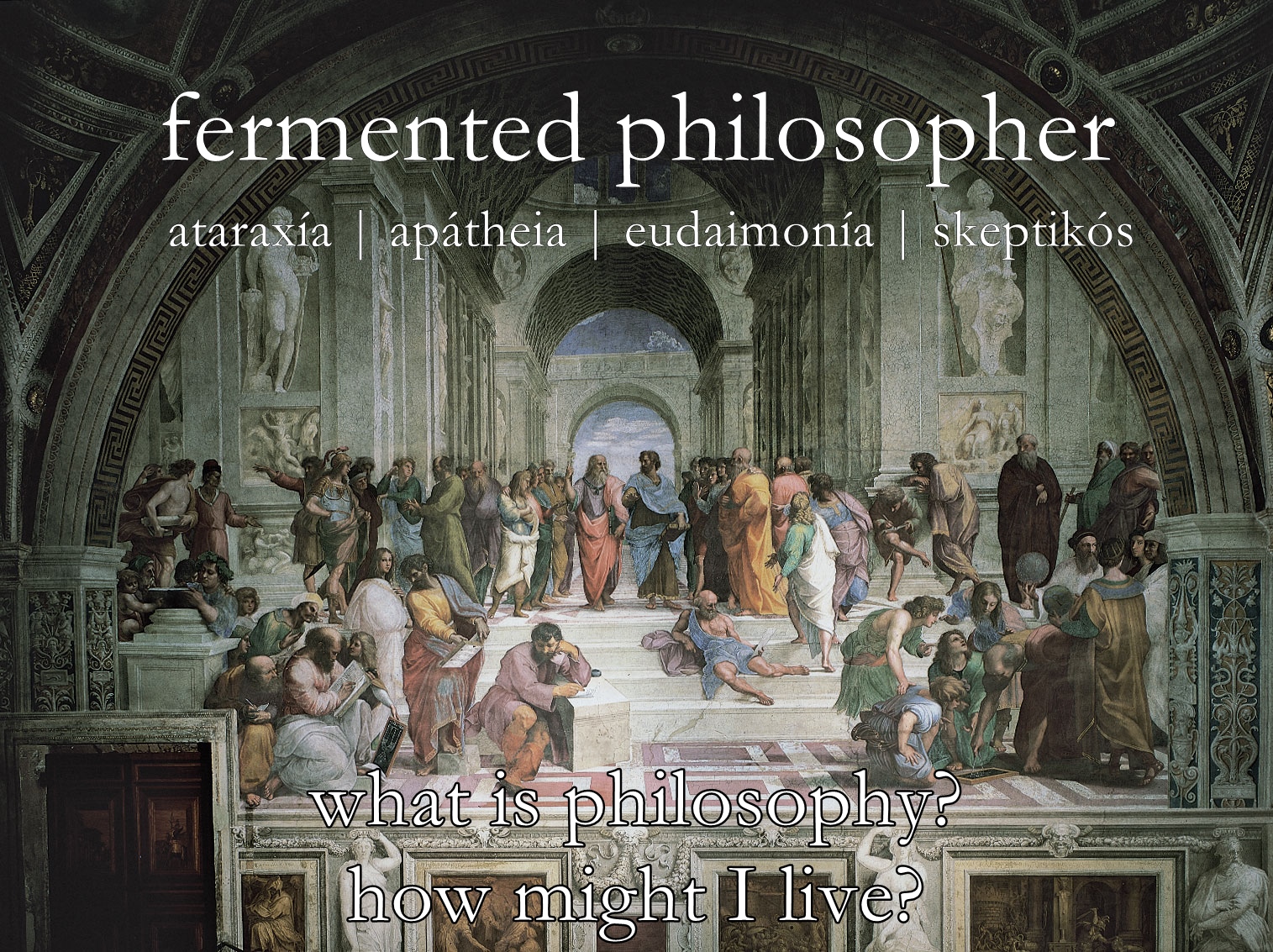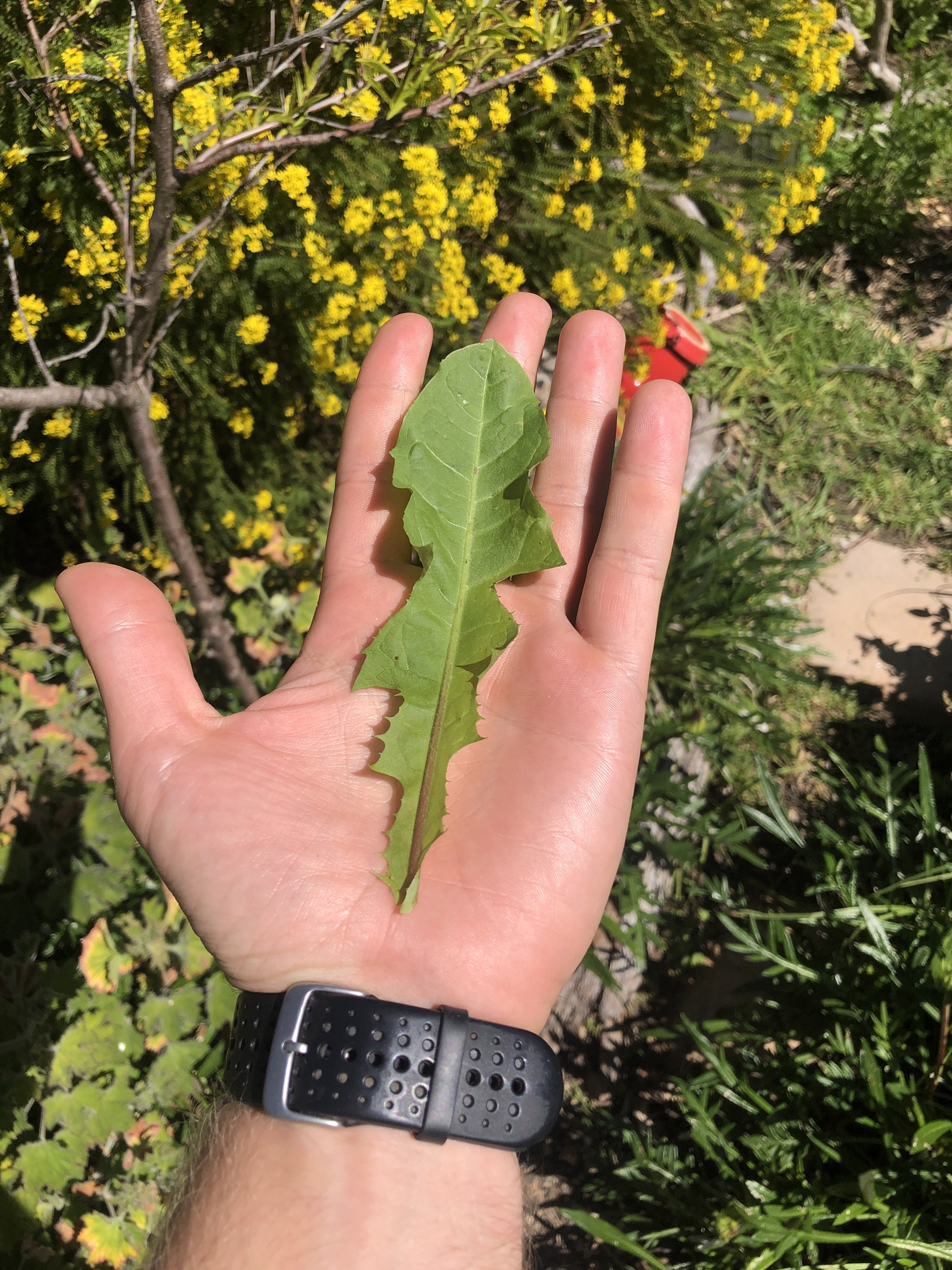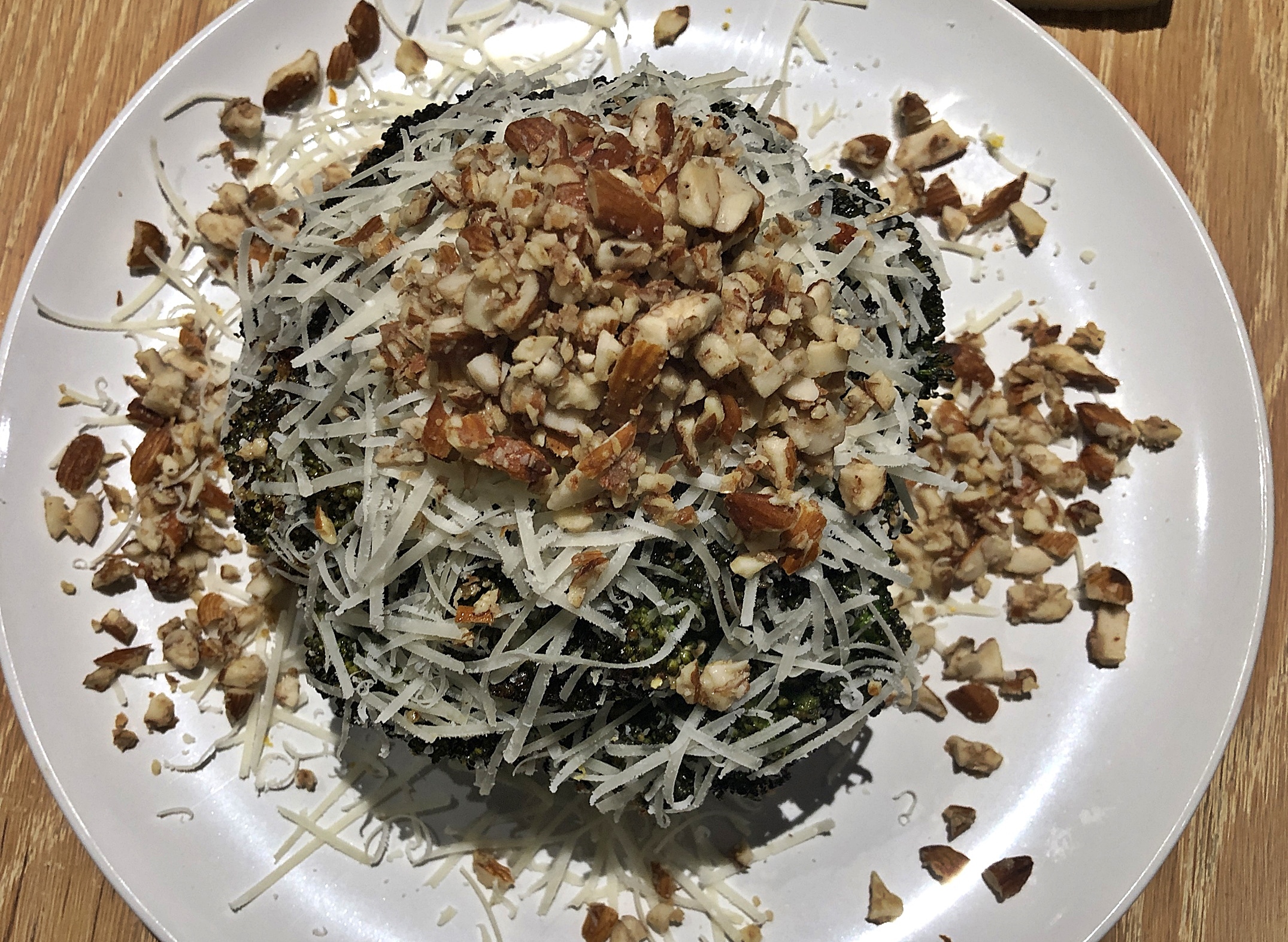
How to Philosophize

Part 8: How to Philosophize (According to Van Wyk Louw, a South African Philosopher)
We all think; most of us do not reflect on these thoughts, but we all think. Someone said that to philosophize is simply to think strictly and comprehensively (Van Wyk Louw 1977: 34). The expression “to think” regarding these every day thoughts might already be too philosophical. Instead, one might name this action of thinking, less philosophically, by stating that everyone has “thoughts running through their minds”. This is not to philosophize though, to philosophize is to really think; that is, to think strictly and comprehensively.
To think strictly
To think strictly is nothing other than thinking critically. Using what I have discussed in previous essays, logical rules might be implied here. We thus think strictly about concepts and meaning giving ideas. The “thoughts running through my mind” are mostly conceptual; I use concepts, or I associate these thoughts with concepts; take, for example, the thought: today is going to be a tough day. “Today”, “tough”, “day” are all concepts which might need further thoughts, or we might say we need to think about these concepts critically and strictly. We might say three things (following Van Wyk Louw 1977: 34): we need to realize that thoughts contain “messy” and “fuzzy” concepts; we need to clarify and conceptually analyse these thoughts; and it needs to become a “mode of being” to which you can turn in order to clarify concepts of your own thoughts but, importantly, also other people’s thoughts.
To think comprehensively
To think comprehensively is nothing other than to try and make sense of things, firstly, in relation to other thoughts, and secondly, in relation to the “bigger scheme of things”. Science can be used as an example to show the first part, i.e. to relate different things to each other, but science cannot sufficiently do the second part, i.e. to relate the relationship between things to the “bigger scheme of things”.
The first part is the relation between different things. The scientist can see the correlation between the rusting of iron and the burning of wood. Both has to do with oxidation of some sort. But this is as far as the scientist would go: he or she just associates different things in relation to each other.
The philosopher is at home in the second part: bringing things together relating to the bigger scheme of things; it is about bringing extremes together (Van Wyk Louw 1977: 35). This can be seen regarding our question in this series I am doing: how might I live? The philosopher Kant, for example, tried to reconcile human freedom and causality. This is not something science necessarily deals with. This is rather the domain of philosophy.
To philosophize or not!?
Van Wyk Louw (1977: 36) gives three reasons why philosophizing, i.e. to think strictly and comprehensively, does not appeal to everyone.
(i) This way of philosophizing is unsettling, and using Van Wyk Louw’s example, the philosopher like the runner doing a marathon, needs to loose every ounce or gram of fat that might hinder his or her race, the philosopher also thus needs to get rid of beliefs he or she held dear which might hinder the process of philosophizing.
(ii) It requires patience which the modern person does not necessarily possess. It takes years to read great thinkers (like Plato, Hegel, Kant, etc.) and then the responses of other lesser known thinkers who respond to these thinkers.
- (iii) The results of this kind of philosophizing might yield results the modern person might not view as rewarding. It is not about gaining more “general knowledge”; it is not about quickly and hastily gaining wisdom or insight; instead, the process of philosophizing is the only reward. Again, using Van Wyk Louw’s image, science might be seen as building ever bigger sheds to store vast amounts of knowledge in, but this image is wrong regarding the philosopher. For the philosopher, the image of a marathon runner is more an ideal image: it is a slow process in which the only reward is the process itself.
To live philosophically
To live philosophically in the manner described above might seem tedious and laborious. But one might frame the question differently: does the life filled with unquestioned and uncritically accepted beliefs really seem like a life one wants to live? I will conclude with the following image. Take our current way of living.* (This example is aimed at modern Western ways of living. I am not versed in other cultures ways of living.) We function as a cog in a bigger machine. We are not numbers anymore; we are replaceable cogs with one function: act happy; obey the system. Once you start to question this way of life, you will be ostracized and cast out of society. But if people start to live philosophically, one might question this system of tacit slavery in a productive manner. We might then begin to answer the question: How might I live?

Read Further
Van Wyk Louw, N.P. 1977. Maskers van die Erns. Johannesburg: Afrikaanse Pers Boekhandel.









Comments